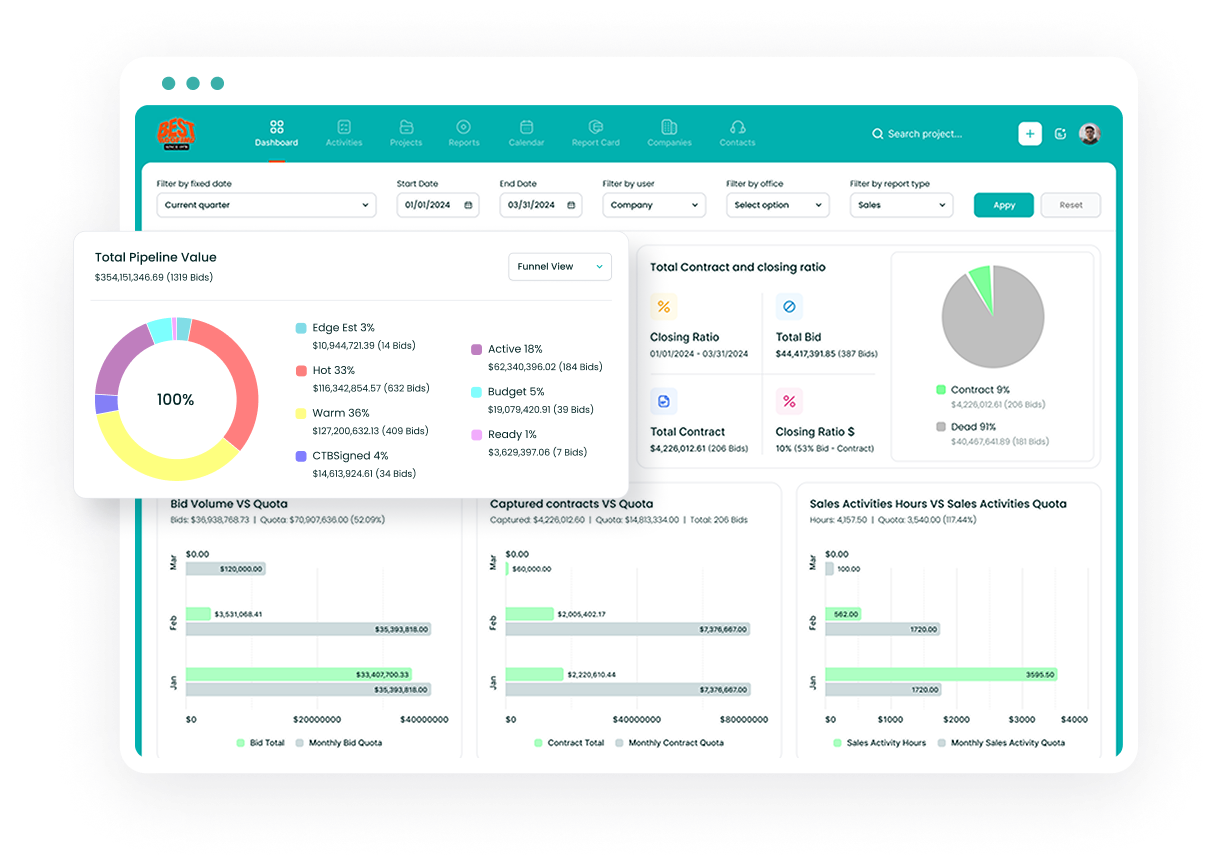Understanding Check Voiding in Sage 300
Before diving into the specific steps, it's crucial to understand that voiding a check in Sage 300 can be done through multiple methods depending on your situation. The system allows you to void checks from both the current period and previous periods, ensuring flexibility in managing your payroll records.
Prerequisites for Voiding Checks
System Access Requirements You must have appropriate permissions and access rights to the Payroll module in Sage 300. Ensure you're logged in with the correct credentials and have the necessary authorization to perform check voiding operations.
Documentation Preparation Gather all relevant information about the check you need to void, including: • Check number • Employee information • Payment amount • Original payment date
Step-by-Step Voiding Process
Accessing the Void Check Function
- Navigate to Payroll
- Select Tasks
- Click on Void Checks
Selecting the Transaction File After accessing the void check function, you'll need to choose the appropriate transaction file: • New • Current • History
Processing the Void Operation
Main Procedure
- Display the batch and entry containing the check
- Select the check on the detail grid
- Click the Void Check button
- Confirm the void operation when prompted
Special Considerations
Timing Considerations The process may vary slightly depending on whether you're voiding: • A current period check • A prior period check • A manual check • A system-generated check
Bank Reconciliation Impact When voiding a check, consider the following: • The void will affect your bank reconciliation • Ensure all related accounting entries are properly adjusted • Update any related payroll records
Post-Void Procedures
Verification Steps After voiding a check, perform these essential verification steps:
- Confirm the void appears in your system
- Verify the employee's payment record is updated
- Check that the void is reflected in your payroll reports
- Ensure the bank account balance is correctly adjusted
Documentation Requirements Maintain proper documentation of the void process: • Keep a record of the original check • Document the reason for voiding • Store any related correspondence • Update payroll journals accordingly
Troubleshooting Common Issues
System Errors If you encounter system errors during the void process: • Verify your user permissions • Check system requirements • Ensure all required fields are properly filled • Confirm the check status is eligible for voiding
Data Validation Before completing the void process: • Verify all payment information • Check for any pending transactions • Ensure the void won't create conflicts with other payroll processes
Best Practices for Check Voiding
Record Keeping Maintain detailed records of all voided checks: • Create a log of all void transactions • Document the reasons for voiding • Keep copies of related correspondence • Store records according to retention requirements
Internal Controls Implement these control measures: • Require dual authorization for void operations • Regularly review void reports • Maintain an audit trail • Perform periodic reconciliations
Preventive Measures
Reducing Check Voiding Needs To minimize the need for voiding checks: • Double-check all payment information before processing • Implement proper review procedures • Use electronic payment methods when possible • Train staff on proper check processing procedures
System Maintenance
Regular Updates Keep your Sage 300 system current: • Install all system updates • Maintain current payroll tax tables • Update security protocols • Back up data regularly
Reporting and Compliance
Documentation Requirements Maintain comprehensive records for: • Tax purposes • Audit trails • Compliance requirements • Internal controls
Advanced Features
Integration Considerations When voiding checks, consider the impact on: • General ledger entries • Bank reconciliation • Employee payment history • Year-end reporting
Future Considerations
System Upgrades Stay informed about: • New Sage 300 features • System improvements • Enhanced void procedures • Updated compliance requirements
Conclusion
Voiding payroll checks in Sage 300 requires careful attention to detail and proper procedure. By following these comprehensive steps and maintaining proper documentation, you can ensure accurate financial records and maintain compliance with accounting standards. Regular system maintenance, proper training, and implementation of best practices will help minimize errors and streamline the void process when necessary.
Remember that proper check voiding procedures are crucial for maintaining accurate financial records and ensuring compliance with accounting standards. Always consult with your accounting department or financial advisor when implementing new procedures or handling complex void situations.
Sources: https://help.sage300.com/en-us/2016/web/Subsystems/AP/Content/Transactions/Payments/VoidingPrintedCheck.htm https://documentation.help/AP61AENG/F_Voiding_a_Check.htm https://us-kb.sage.com/portal/app/portlets/results/botviewsolution.jsp?hypermediatext=null&solutionid=222924550020440 https://obaninternational.com/blog/a-comprehensive-guide-to-long-form-content-creation/ https://www.thesideblogger.com/how-to-write-a-blog-post/ https://seowind.io/how-long-does-it-take-to-write-a-blog-post/ https://us-kb.sage.com/portal/app/portlets/results/view2.jsp?k2dockey=222924650021594 https://help.sage300.com/en-us/2024/classic/Subsystems/UP/Content/Payroll/UsingthePrintPostChecksWindow.htm https://www.manobyte.com/growth-strategy/4-top-tips-for-writing-long-form-content https://wordpress.com/go/content-blogging/how-to-write-a-good-blog-post/ https://rockcontent.com/blog/how-long-should-a-blog-post-be/ https://blog.hubspot.com/marketing/the-ins-and-outs-of-writing-long-form-content

